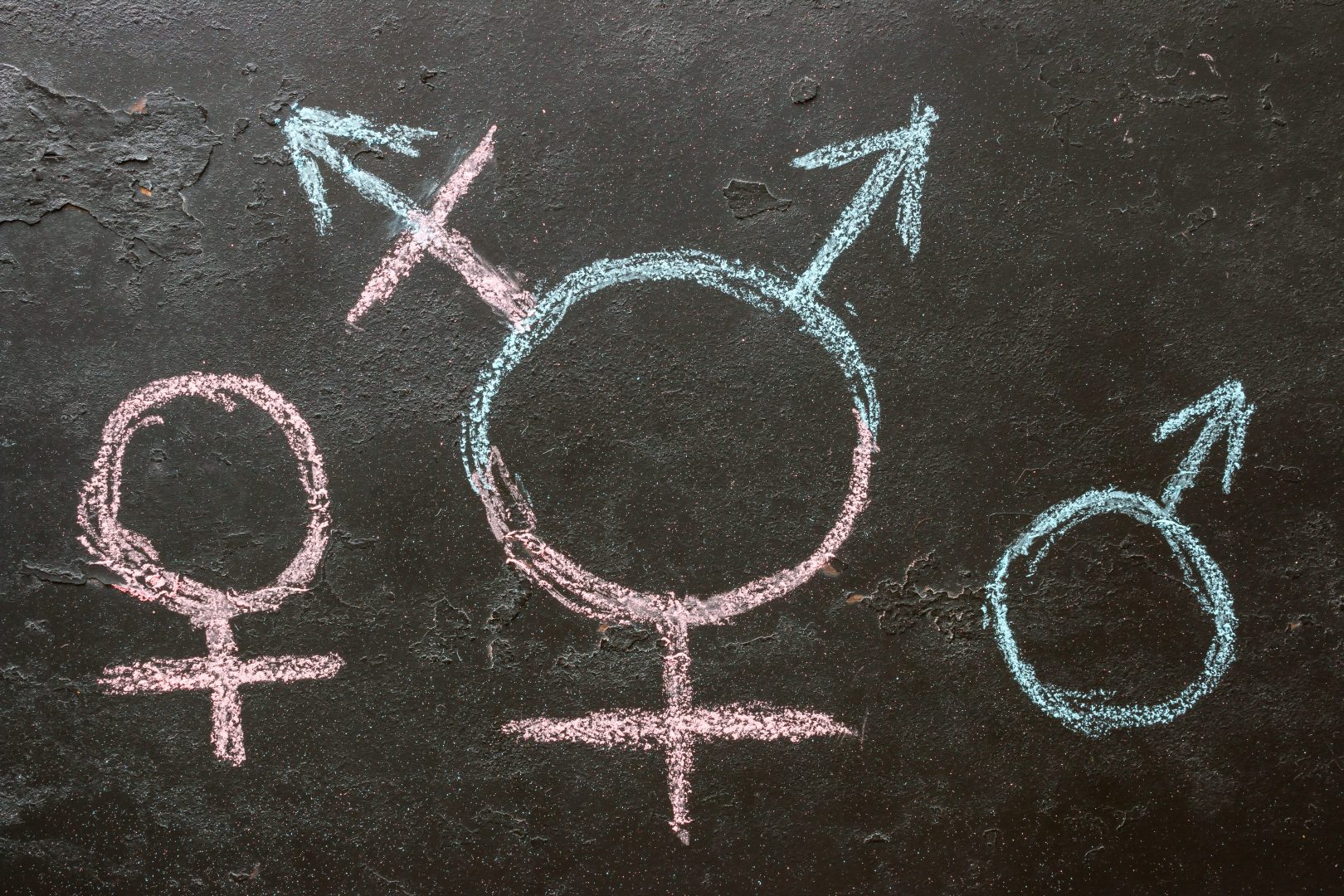


Get a free copy of Parental Rights & Education when you subscribe to our newsletter!

“…it is clear that people responsible for implementing these policies did raise concerns at the time, and the way in which long-term aspirational goals set by senior leadership to improve diversity in the RAF were translated into personal performance targets was wrong.”
– SIR RICH KNIGHTON, AIR CHIEF MARSHAL
According to an inquiry report, the U.K.’s Royal Air Force (RAF) intentionally discriminated against white male recruits, purposefully choosing to keep them from joining in order to meet diversity and inclusion marks.
The Ministry of Defense launched the inquiry after former Group Captain Lizzy Nicholl, who was the RAF’s head of recruitment resigned, after objecting to the discriminatory practice. According to the report, Nicholl said, that “prior to her arrival clear acts of positive discrimination had taken place; and that during her tenure she had endured relentless institutional pressure to carry out overt acts of positive discrimination which she believed to be immoral, unethical, and illegal.”
The RAF Executive Committee had set the aspiration that by 2020/2021, 20 percent of all incoming RAF servicemembers would be women and 10 percent would be ethnic minorities. In the year 2030, the executive committee expected that 40 percent of incoming RAF members would be women, 20 percent being ethnic minorities, and 5 percent would be lesbian, gay, or bisexual (LGB).
By 2030, the entirety of the RAF was expected to be 20 percent women, 10 percent minorities, and 5 percent LGB.
From the first year, however, RAF recruitment was finding it nearly impossible to meet these diversity goals. In order to meet the goals, the RAF began putting minority and women candidates ahead of white male recruits. One recruitment officer wrote to members of his team,
“As you are currently doing only BAME [ethnic minorities] and female candidates should be allocated to the remaining spaces…We will review the loading of other candidates when we have no other BAME or female candidates to load.”
Concerns were noted from staff who felt the process was discriminatory. An officer said, “What triggered me to investigate at the time were the amount of phone calls we received from white male candidates…asking why they weren’t loaded to MIOT but their female friends were. The unfortunate aspect being [that] colleagues talk to each other post OASC [Officer and Aircrew Selection Centre] and do discuss recommendations which puts us in a tricky situation to try to explain on behalf of the OASC the reason behind it.”
The inquiry report found that 31 men were held back from advancing because of their sex and race, which cost them £5,000 joining bonuses. It also found that 161 women or ethnic minorities were accelerated ahead of other candidates because of their sex or race.
The men will be contacted and awarded the financial payment they were denied.
Air Chief Marshal Sir Rich Knighton issued a statement saying in part:
“Those involved in Recruiting and Selection throughout this period acted with the best of intentions; but it is clear that people responsible for implementing these policies did raise concerns at the time, and the way in which long-term aspirational goals set by senior leadership to improve diversity in the RAF were translated into personal performance targets was wrong. I apologise unreservedly to the Recruiting and Selection team and the former Group Captain Recruiting and Selection for the cumulative pressure placed on them to achieve those aspirational goals.”
Knighton said that the 161 candidates who were put in front of other candidates had passed selection criteria and assessments so there was no compromise of entry standards.
“We will learn the lessons from the NSI,” he added. “We have rigorously scrutinised our recruiting practices and continue to monitor our recruitment processes. We will not make the same mistakes again. While I remain determined to improve levels of inclusion and diversity in the RAF, we will ensure that our methods are beyond reproach.”

Pushing diversity over meritocracy is wrong. You can’t fix past racism and sexism by committing a new kind of racism and sexism. It helps no one for others to be held down because of their innate characteristics. Though this instance happened in the U.K. it is very similar to affirmative action and the current diversity, equity, and inclusion (DEI) push in the U.S.
The Supreme Court ruled earlier this year that affirmative action in university admissions programs is unconstitutional. Writing for the majority, Chief Justice John Roberts explained,
“A benefit to a student who overcame racial discrimination…must be tied to that student’s courage and determination. Or a benefit to a student whose heritage or culture motivated him or her to assume a leadership role or attain a particular goal must be tied to that student’s unique ability to contribute to the university. In other words, the student must be treated based on his or her experiences as an individual — not on the basis of race. Many universities have for too long done just the opposite. And in doing so, they have concluded, wrongly, that the touchstone of an individual’s identity is not challenges bested, skills built, or lessons learned but the color of their skin. Our constitutional history does not tolerate that choice.”
He succinctly wrote, “Eliminating racial discrimination means eliminating all of it.”
Justice Clarence Thomas wrote in his concurring opinion, “Racialism simply cannot be undone by different or more racialism.” Thomas said he is “painfully aware of the social and economic ravages which have befallen my race and all who suffer discrimination,” but argued that the solution is “incorporated in our Constitution: that we are all equal, and should be treated equally before the law without regard to our race.”
Racism and sexism are evil, whether that racism and sexism is in favor of white males or in favor of minorities and women. It hinders our nation, compromises militaries, decreases safety, and casts suspicion on the accomplishments of those who actually merited their careers, admission to college, or awards. Affirmative action and DEI, or any discrimination by any other name, should be opposed — no matter where it takes place and no matter who it benefits.
Ready to dive deeper into the intersection of faith and policy? Head over to our Theology of Politics series page where we’ve published several long-form pieces that will help Christians navigate where their faith should direct them on political issues.

Notifications